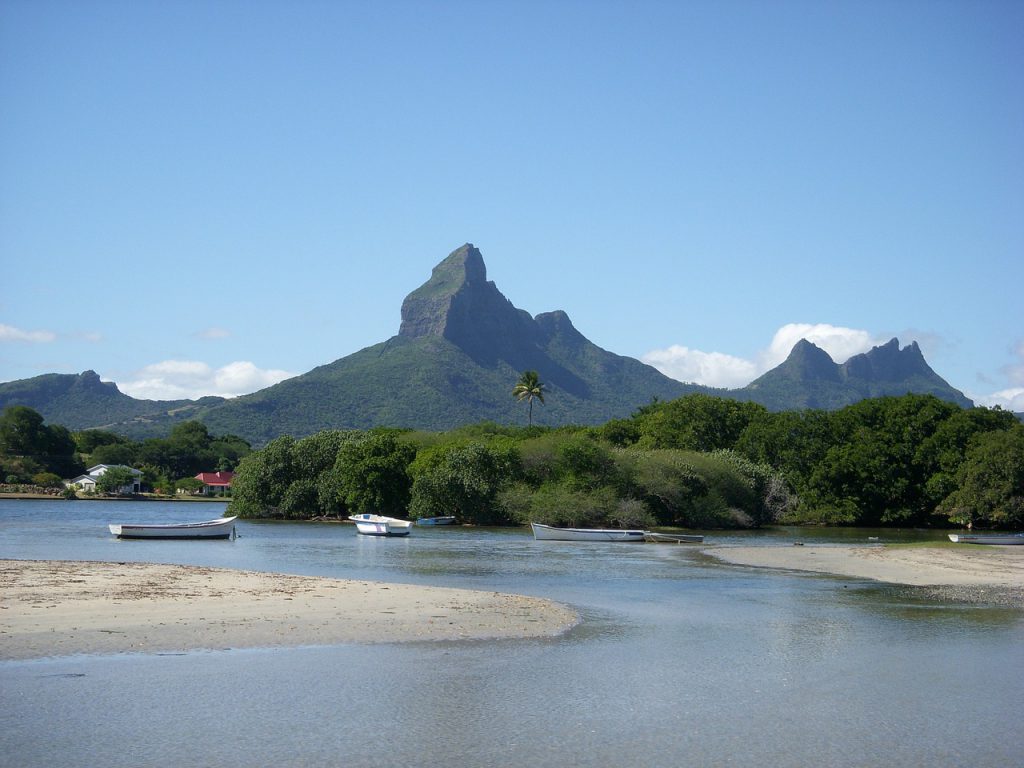This post is a plea for Mauritius to join the ACCTS negotiations.
At the annual United Nations meeting in New York (September 2019), the New Zealand Minister of Trade announced that five countries, Costa Rica, Iceland, Fiji, New Zealand, and Norway would start negotiations for an Agreement on Climate Change, Trade and Sustainability (ACCTS). This post is a plea for Mauritius to join the ACCTS negotiations.
Mauritius is among the first signatories to the 1992 Rio Convention on Biological Diversity and the Paris Climate Agreement in 2015. Proof of its concern to protect its environment, Mauritius has just hosted no less than four conferences on the environment. Mauritius’ insularity increases the pressure of the effects of human activities on the sustainability of its ecosystem. Of course, Mauritius’ economic success owes much to its policy of openness to foreign trade. However, trade policies and environmental policies have evolved independently, although a link between the two, recognized in Daniel Esty’s seminal book “Greening the GATT”, published in 1995.
The WTO Doha negotiations, launched in November 2001, called for trade policies that would protect the environment by reducing barriers to trade in ‘environmental goods and services’. According to the OECD definition, the environmental goods and services industry consists of “activities which produce goods and services to measure, prevent, limit, minimise or correct environmental damage to water, air and soil, as well as problems related to waste, noise and eco-systems.”
A successful negotiation would have given developing countries access to goods and services that reduce environmental damage, while these developing countries would gain access to the markets of high-income countries for goods whose characteristics (production and consumption) are less environmentally damaging (for example, wooden rather than plastic cutlery). Neither Doha nor the negotiations conducted by a group of 15 countries in 2015 were successful, as countries refused to accept a list of goods with a high level of protection. The objectives of the ACCTS agreement are :
The objectives of the ACCTS agreement are :
- Suppression of tariffs on environmental goods and taking new commitments on environmental services
- Concrete commitments to eliminate fossil fuel subsidies
- Develop guidelines for eco-labels.
Negotiations should start in early 2020. The measures taken as a result of this negotiation between the initial five countries will automatically be granted to all WTO members. This indicates that, at last, a group of countries is taking seriously the challenge of human activities on the environment.
Mauritius would benefit from joining ACCTS agreement
Mauritius would benefit from joining this group because :
- The measures taken would be favorable for the environment
- The measures would also reflect the efforts of other committed countries, giving additional support to Mauritius.
- The “environmentally friendly” character would improve the image of Mauritius in the outside world.
- The measures would probably be taken sooner, thus accelerating the implementation of Mauritius’ commitments to the Paris Agreement.
- As threshold effects are large and difficult to estimate, it is preferable to take action as soon as possible.
- Participation in a thorough reflection on eco-labels would be welcome.
- Negotiation will lead to adjustments, but these should not be too costly (and certainly less costly than delaying them). Note that with an average applied tariff of 1% (only 4.4% of lines have a tariff above 10%) and few other barriers to trade, tariff reductions on a list of environmental goods would not require a large adjustment effort by Mauritius.
- It is likely that fuel prices would need to be increased, but this adjustment would probably be less than for Fiji ($0.96 l.) or Costa Rica ($1.06 l.).
Mauritius is celebrating this year the tercentenary of the birth of Pierre Poivre, the first economist who acted on the climatic consequences of deforestation. Poivre is the author of the Economic Regulations of 1769 which formed the basis of the current Forests and Reserves Act (the first law in the world to deal with ecology and climate change), putting Mauritius at the forefront of environmental protection (Techera (2019)).
So, what is Mauritius waiting for to join this group of 5 precursor countries, all members of the WTO, to take environmental protection seriously!
Note
A short version of this post was published with an interview in Le Mauricien on 3 December 2019
Reference
Techera, Erika (2019) “Deforestation, climate change and the emergence of legal responses: the international influence of Pierre Poivre’s environmental Leadership” https://www.researchgate.net/publication/337006944_The_international_influence_of_Pierre_Poivre%27s_environmental_law_leadership
